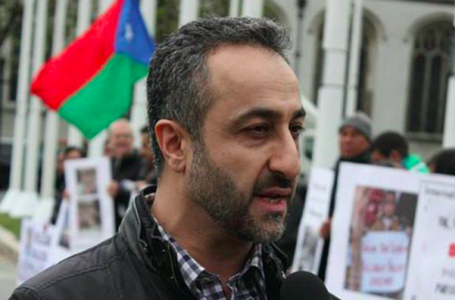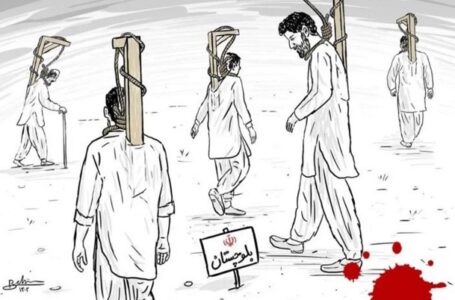Global forced displacement has been rising steadily

UNITED NATIONS, Nov 06 (NNI): A senior UN official has said that global forced displacement has been rising steadily in recent years due to factors including conflicts, pressures of climate change, population growth, urbanization.
The United Nations high commissioner for refugees, Antonio Guterres, made the statement as he was briefing the Third Committee of the UN General Assembly, which is in charge of social, humanitarian and cultural affairs.
In 2011, every single day, some 14,000 people worldwide were forced from their homes by war or violence, and 23,000 a day in 2012, and 32,000 in 2013, according to Guterres.
“At the end of 2013, over 51 million people were in displacement due to conflict and persecution, and everything indicates that this number will be even higher by December this year,” Guterres. “Today’s multiplying conflicts, as well as the pressures of climate change, population growth, urbanization, food insecurity, mean that this upward trend in forced displacement and humanitarian needs will likely continue in the future.”
Conflicts in Afghanistan, the Central African Republic, Iraq, Libya, Mali, South Sudan has all created massive displacements. Lebanon, Jordan and Turkey, three of Syria’s neighboring countries, “have witnessed a dramatic increase in population as a result of the Syrian influx, which has overwhelmed national infrastructure and services, exerted a heavy toll on public finance and created economic hardship for many among the host population,” said Guterres.
In South Sudan, 1.4 million people have sought safety in other areas of the country, and 467,000 have fled to Ethiopia, Uganda, Sudan and Kenya since December 2013.
Continued insecurity in northern Nigeria has displaced some 650, 000 people internally, and an estimated 54,000 Nigerians are refugees in neighboring countries. There are still some 140,000 Malian refugees in Mauritania, Niger and Burkina Faso, and although spontaneous returns are taking place, insecurity remains an enormous challenge, he said.
In North Africa, the current conflict in Libya has displaced an estimated 287,000 persons inside the country, he said. “This crisis has a clear impact on boat departures towards Europe and the rising number of deaths at sea.”
The situation in Ukraine has also caused significant displacement. The number of registered internally displaced people now stands at 442,000, and hundreds of thousands of Ukrainians have left the country. Some 213,000 of these have applied for various forms of legal protection in the Russian Federation, and 8, 000 have done so elsewhere in Europe, he said.
According to Guterres, 86 percent of the world’s refugees are living in developing countries — up from 70 percent 10 years ago.
“The humanitarian community is scrambling to respond, but every new crisis clearly shows that the system has reached its limits,” he said. “To those who trigger and prolong conflicts, leaving humanitarians to clean up the mess, it is time to say that this must stop.”
Guterres stressed the shortage of funding for humanitarian aid.
“… humanitarian financing is close to bankruptcy,” he said. “Although funding has increased, the needs have grown much faster still, and the gap is widening.” NNI









